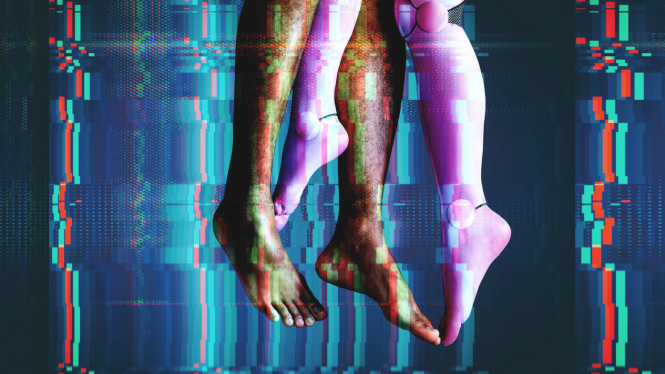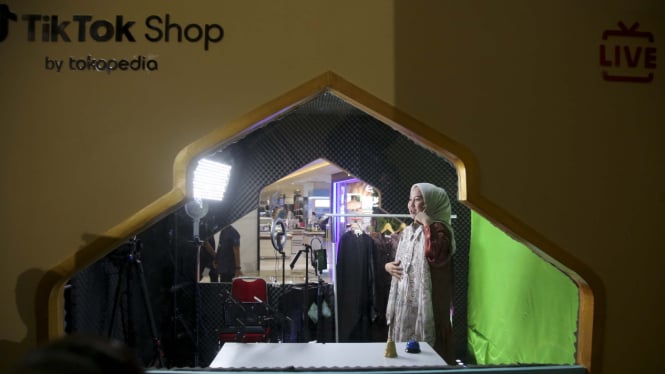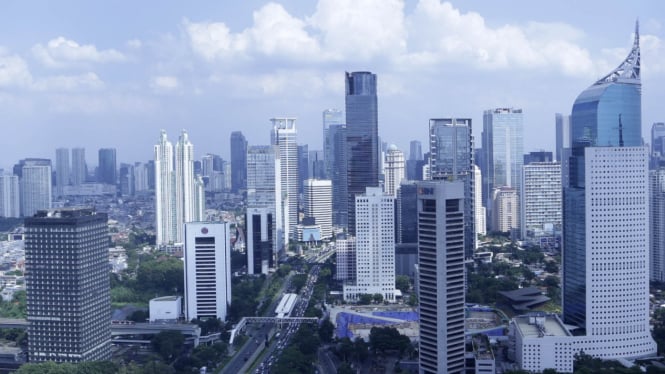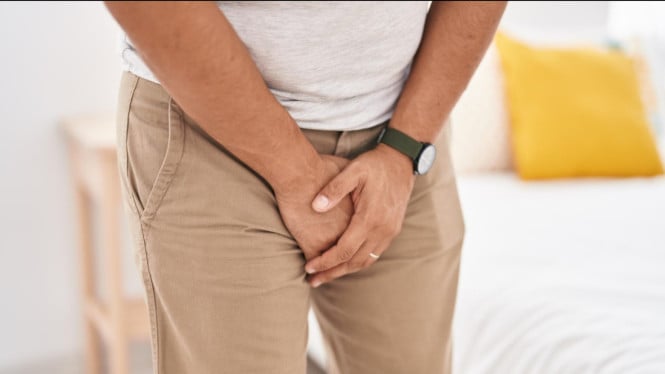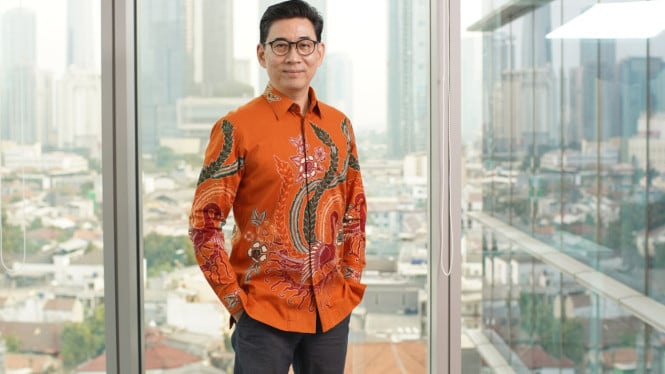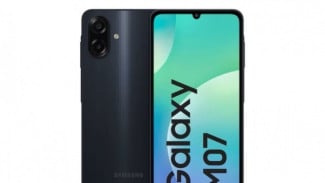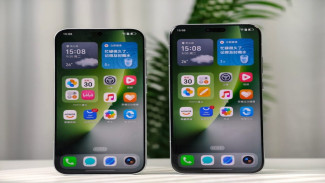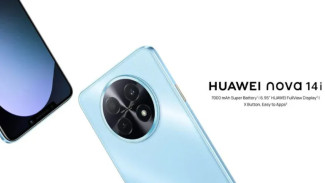Possibility Humans Reproduce in Space by Mouse Embryos Development
- Bigthink
Jakarta – There may be a question that makes many people still feel curious about can humans reproduce in space? Well, researchers have successfully grown mouse embryos aboard the International Space Station (ISS) for the first time.
"This represents the first-ever study that shows mammals may be able to thrive in space," the University of Yamanashi and National Research Institute Riken said in a joint statement on Saturday.
It added: "It is the world's first experiment that cultured early-stage mammalian embryos under complete microgravity of ISS."
Ilustrasi seks di luar angkasa.
- EastMojo
In other words, this new mouse embryo study is a big deal because it suggests humans can reproduce in space someday — once the first human baby is born off the surface of our planet, we would become a true space-faring species.
The landmark results come as humanity prepares to return to the moon in conjunction with the Artemis program, which also aims to land the first woman and first person of color on the lunar surface by 2025.
Even though this mission, Artemis 3, will only see lunar occupation at the moon's south pole last around a week, it will likely lead to the establishment of lunar camps.
Those camps could ultimately pave the way for humans to stay in space much longer in the future, when the sci-fi vision of off-world reproduction may turn into reality.
The experiment to grow the first mammalian embryos in space was led by Teruhiko Wakayama, a molecular biologist at the University of Yamanashi's Advanced Biotechnology Center, and a team from the Japan Aerospace Space Agency (JAXA).
Ilustrasi seks
- CBC
The aim of the study was to determine whether a mammalian fetus can develop normally in the limited gravity, or "microgravity," environment of space.
To find the answer, frozen mouse embryos were blasted to the ISS aboard a SpaceX Falcon 9 rocket in August 2021.
